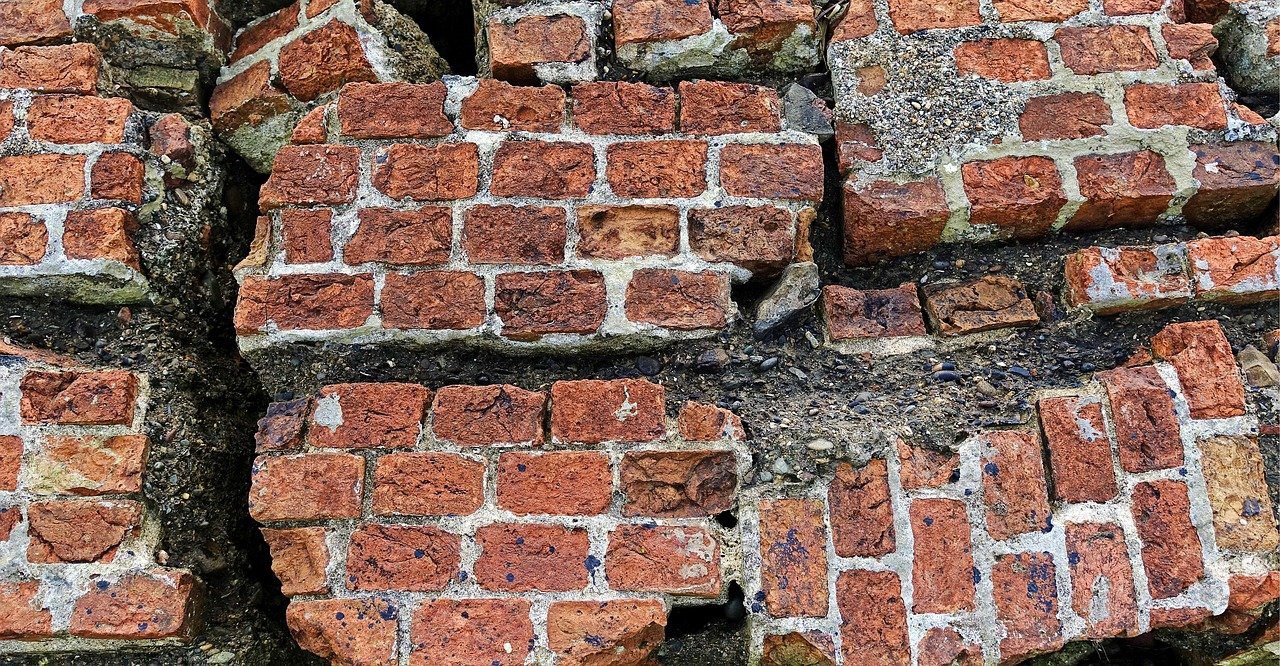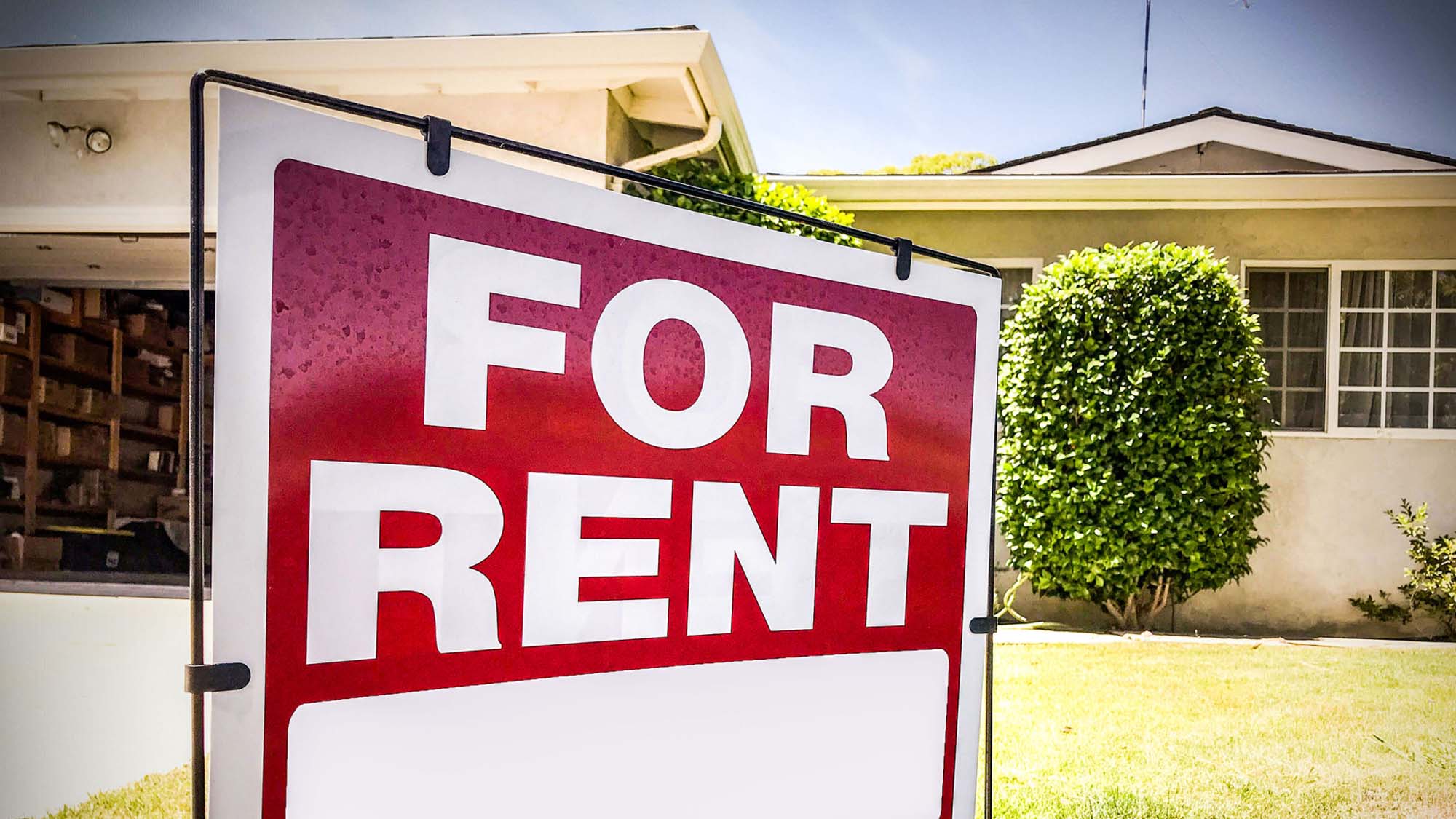
9 out of 10 Homeowners Do Not Buy Earthquake Insurance in California!
March 5, 2015
Renters Insurance Tips
March 21, 2015Fire Insurance is an expected expense for all property owners; it is common to find home owners who don’t know what their Homeowners Insurance or Landlords Insurance Policy covers. When one needs the insurance, it is not the right time to inquire about the limitation of coverage provided by the current policy. Understanding the purpose of homeowners insurance and what it covers and doesn’t cover will help you make important decisions about protecting your home.
Common Practice by Consumers
1) Buy the cheapest premium irrespective of coverage
2) Buy homeowners insurance only because of Mortgage contract requirement
3) Buy the quickest and easiest policy without review of needs and coverage limitations
4) Change carriers every year in an effort to reduce the premium by a negligible amount irrespective of coverage
There are ways to reduce your exposure and drastically reduce your premium; the recommended practice by industry professionals is to review your insurance thoroughly once every three to five years. Many clients simply forgo the process in an effort to avoid speaking to a Salesperson and making themselves available to answer questions due to fear of ‘being sold’. This too can be overcome, you can ask for a review of your insurance policy without any sales pressure or you will simply decline to continue the review. Your review should be made only on a factual basis and not on any type of emotional persuasion.
What’s the Point?
To cut straight to the point, the primary purpose of property insurance is to protect your investment from Fire; Homeowners Insurance is designed to protect you in case of loss or damage to your property. The second most important purpose of property insurance is to provide liability protection. A standard home insurance or landlords insurance policy includes coverage for a variety of perils which they insure against; for example, Fire, Lightning, Explosion, Windstorm, Hail, Riot or Civil Commotion, Aircraft etc… In the event of a claim, you are reimbursed for the cost of repairs or replacement.
Property Coverage
Insurance policies are generally standardized and the policy forms are usually written by the Insurance Services Office (ISO) which is helpful to consumers; this means that the fine print on a policy form would be the same if it were underwritten by any insurance carrier. The most common Homeowners Insurance Policy covers damage to the property by Wind, Lightning, Ice, Snow, Fire, Smoke and Explosion. On an owner occupied homeowners insurance policy, the home and personal contents are insured against damage incurred by covered perils on the policy.
Liability
Homeowners insurance provides liability coverage as well as property coverage. Personal Liability (Family Liability) usually provides coverage on a worldwide basis, not just accidents which occur at your home. If the home is a rental property and covered by a Landlords Policy, then most likely, the liability coverage is based on a premises only basis. The liability limit of coverage will be found on the policy declarations page.
Exclusions
Property insurance policies all have exclusions listed in the policy form as well as endorsements which may be attached to the policy. Flood and earthquake damage are excluded from standard policies, as well as Acts of War and Nuclear Attack. Damage to vehicles in the garage or outside the home is not covered. Wear and tear, weathered damage, termite damage and any other damage that is caused over a prolonged period of time and not of accidental origin is not covered. Insurance policies are intended to protect the ‘Insured’ from financial loss due to a covered peril which is ‘Sudden and Accidental’ in nature.
Endorsements
Additional insurance may be purchased as an add-on endorsement to your homeowners insurance policy. Some examples are: Jewelry Endorsement, Fine Art Endorsement, Home Office Endorsement, Personal Injury Endorsement, Backup of Sewers and Drains, Extension of Liability to an Additional Property etc… In some States, carriers may also make Earthquake Insurance available by charging premium for an additional endorsement.
Do You Have To Buy Coverage?
Property Insurance is not required by law in most States. If the home is held as security under a mortgage agreement, the mortgage company will certainly require you to insure the home and name the mortgage company as a mortgagee thereby protecting their interest in the event of a loss.
For those lucky enough not to have a mortgage, should you decide to cancel your home insurance, you will certainly save the premium but in turn will take the full risk of self insuring the property against property damage and liability claims.

